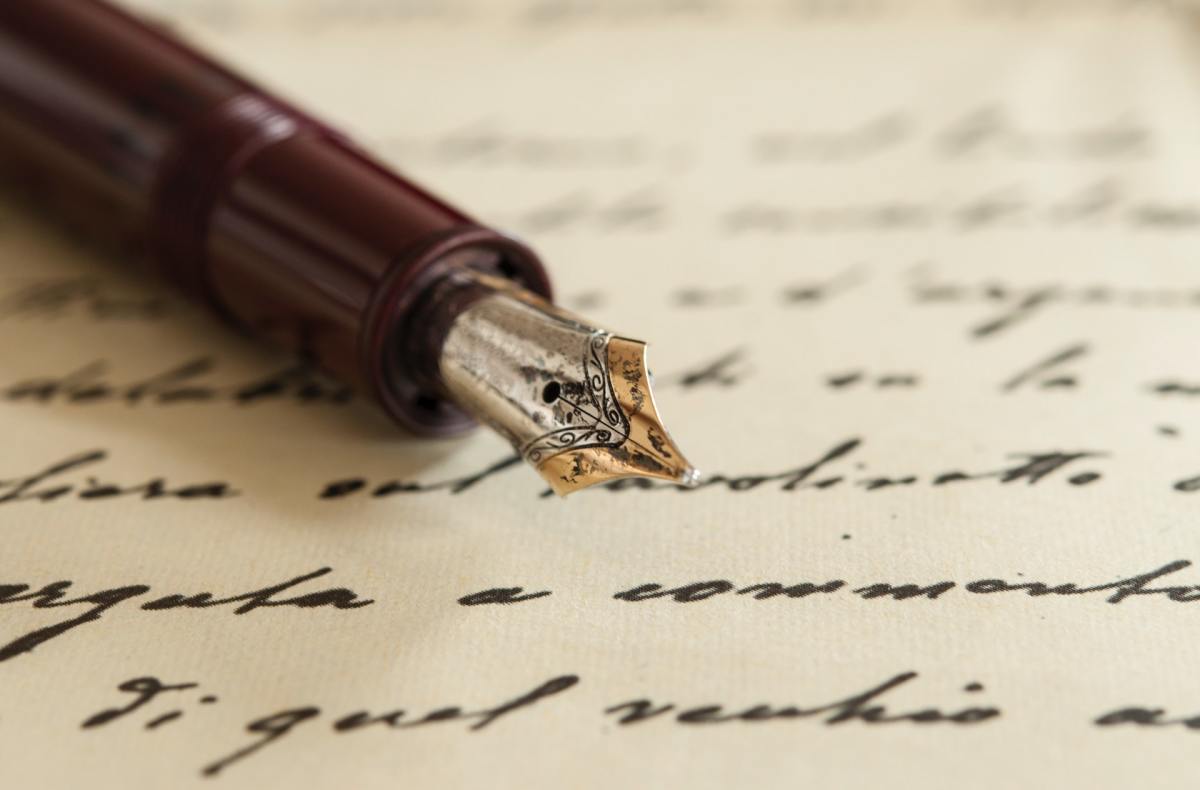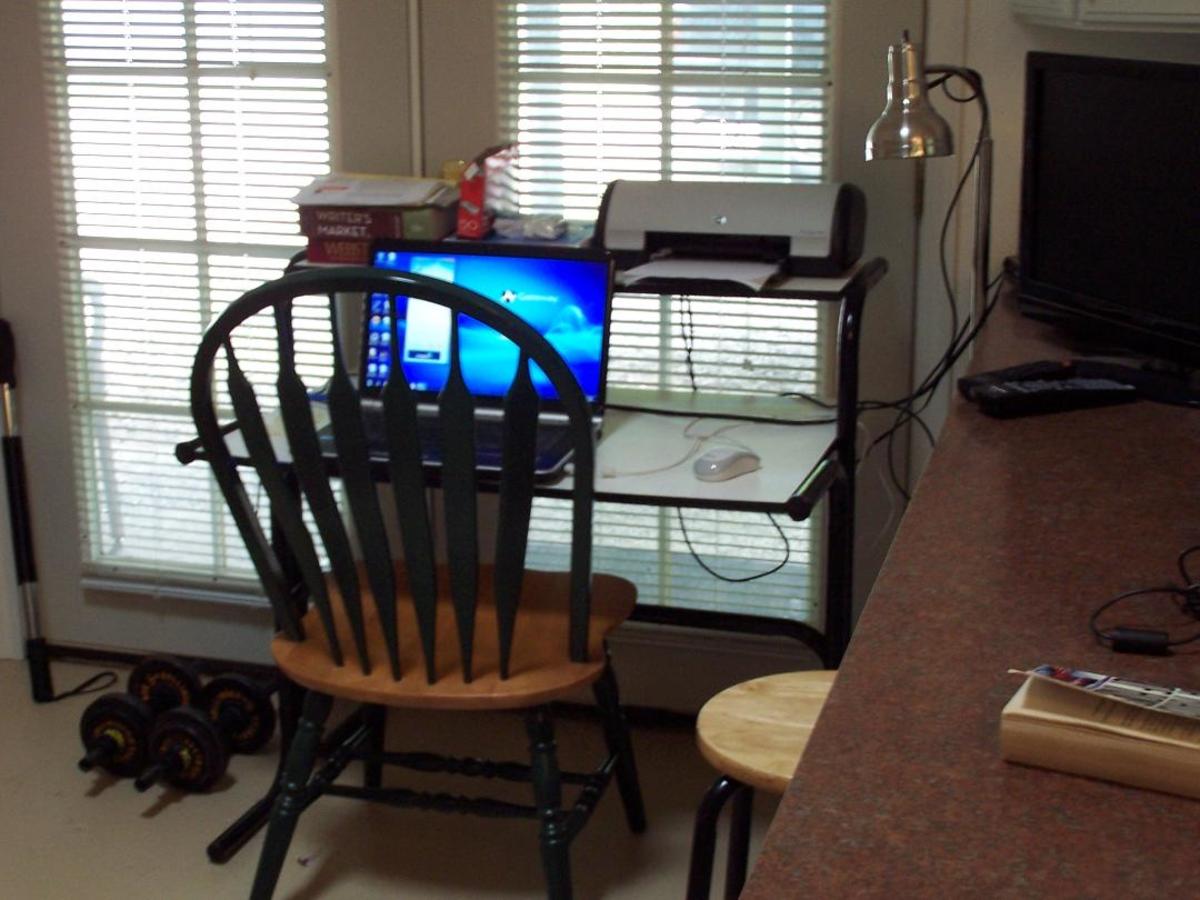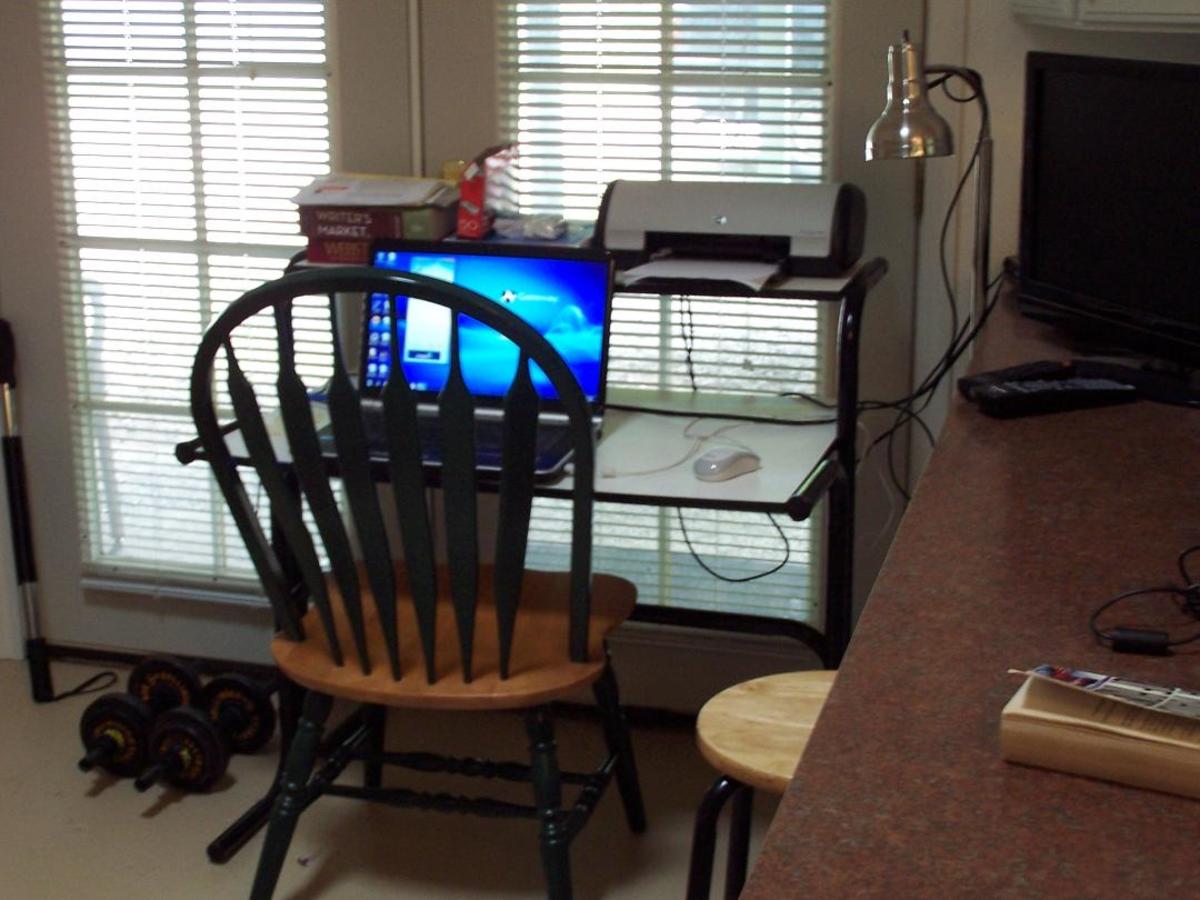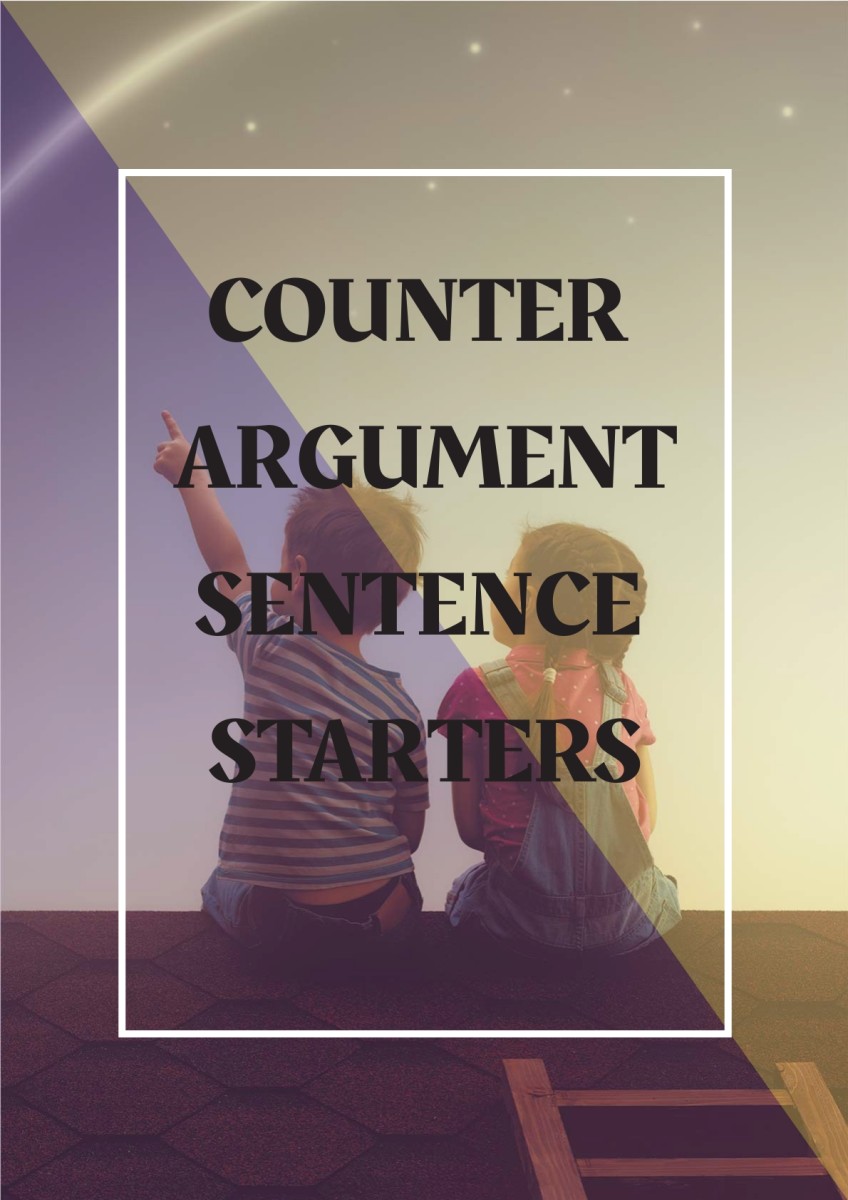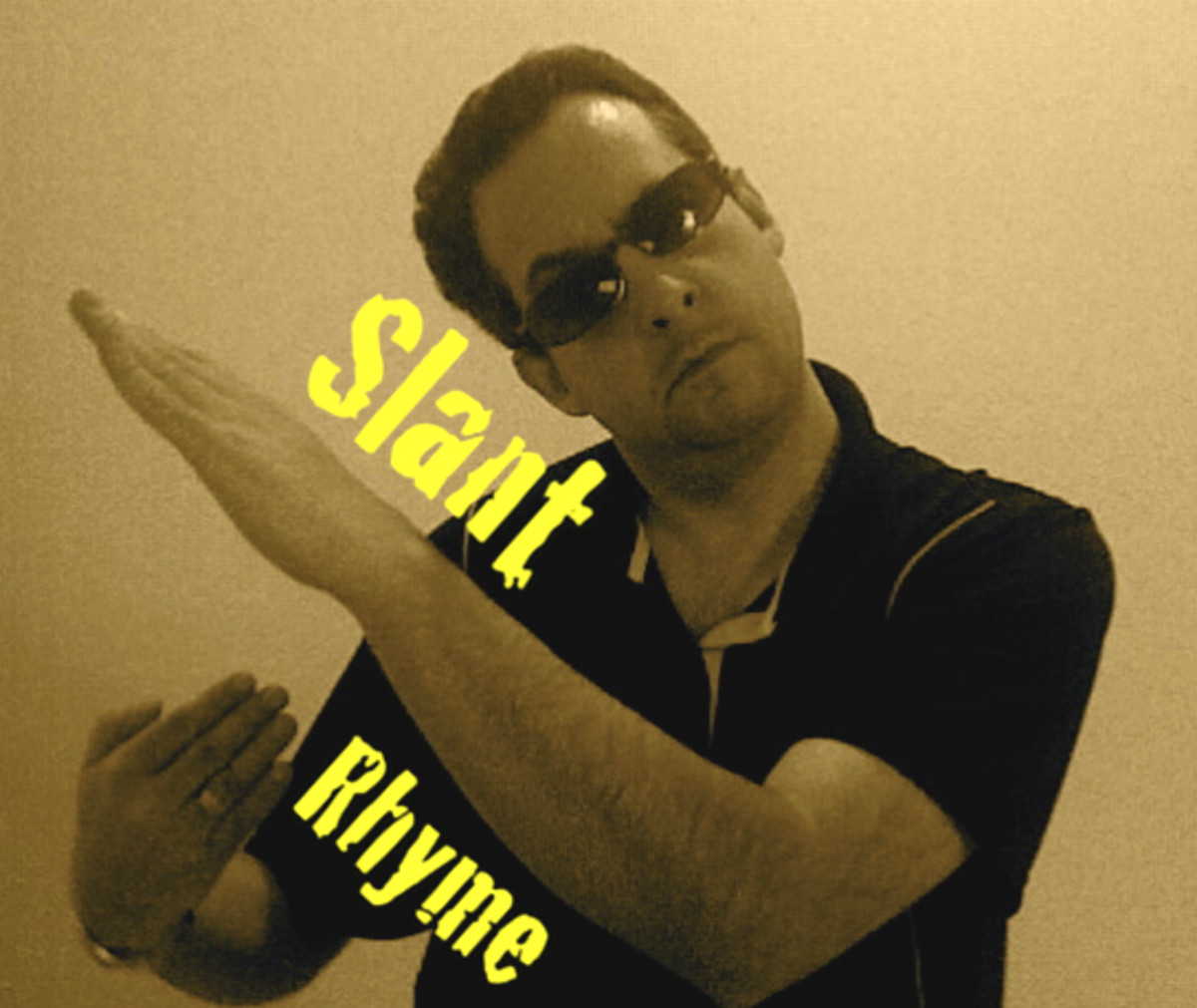The Writer's Notebook - An Essential Tool of Writing

Use A Writer's Notebook To Preserve That "Next Big Story Idea"
If you're a writer and don't have a writer's notebook within your reach at all times then you risk losing that "next big idea" you come up with while taking a walk. Oh, you have something to write on, but no pen - same result. As a matter of fact, anybody who is doing any kind of work in the creative field should always have some way to write down their ideas fast or at least reasonably fast.
Ideas are like raindrops for writers. There are so many that fall at times that it's hard to know which one is the right one and when we do see it, catching it becomes a top priority. Unless you have something to catch it in, it can disappear quite fast. Memory can be a tricky thing; everyone has had a great idea only to forget about it within a few minutes (sometimes less). Having a notebook or journal around (along with a pen) can solve this problem and must be a priority for any writer or creative person.
Photo by Marc Vanstraelen / flickr.

Do you currently write down your ideas?

Moleskine Notebooks
The best way for writers and artists to take notes while on the move.
The best way to make sure you remember ideas when out of the house is to have a good pen and notebook on you (or close by) at all times. The notebook I prefer is Moleskine. They offer a few basic sizes (I use pocket and large) and several different versions based upon what you need it for. A few of the versions are listed below:
- Ruled page notebooks are good for writers.
- Grid-like pages are good for brainstorming.
- Plain pages are great for sketches and drawings and some are even safe for watercolors.
- They also produce various planners, address books and diaries.
They are durable and have been used by writers, painters, scientists and a lot of creative types to keep down ideas for a very long time. A hard cardboard bound cover, acid free paper, bookmark, rounded corners, an elastic band and inner pocket are just a few of the reasons I own several. They are made for people like me.
A Few Moleskine Tips
- It's a good idea to put your contact information inside the front cover in case you lose your notebook.
- You can use right-hand pages for notes and left-hand pages for to-do lists.
- Label your Moleskine by writing start and end dates on the spine of the pages.
- Number either the odd or even pages. You can then make a contents or index page to make ideas easier to find.
- Always have at least one or two post-it notes stuck on the inside to write down notes that you need to remember but don't want to put in your writer's notebook. I usually have two different colors; yellow are for ideas and blue are for other information.
-Take advantage of the small pocket in the back. I use mine to carry a few business cards just in case I meet someone that needs my services.
My Idea Notebook
Interesting Moleskine Links
- Sketching In A Moleskine
Those who are artists should enjoy this one. - Use A System To Keep Your Moleskine Notebook Organized
All of the notes in the world do you no good unless you can find them. - Moleskine On Wikipedia
Get all the juicy details about its history and the company that makes it.
Writing Instruments Art Print - 12 x 12 in.
By Jean-Michel Labat
Buy for $9.99
All That Matters Is That You Have Something To Keep Your Notes In - Any notebook can be used for keeping your ideas safe.
Crayons by Laurence David
10 x 12 in. Art Print
Buy for $16.99

How To Organize A Writer's Notebook
Getting your ideas for writers down on paper is only half the battle.
While a small pocket notebook may help you get your ideas down before you forget them; having a larger one in which you can organize the notes is just as important in my opinion. This will require you to sit down and copy down your notes again but if you do it before a lot piles up then you won't feel overwhelmed.
Organization Of Your Written Ideas
If there's one thing I've learned about documenting my ideas it's that if they are not organized in some way (at least a little) you'll never find what you're looking for when you need it. That may be fine for someone who is trying to overcome writer's block and is just willing to casually peruse a notebook of random ideas to spark the imagination, but I prefer some order in my chaos. I've got a table of contents and all of my pages are numbered. You'll have to sit down and come up with the categories that are most important to you for your notebook to be effective but I've listed a few of mine below to give you an idea about what I'm talking about.
- Story Ideas (zombies, horror, funny, based on existing characters, western, etc.)
- Scenes (action, comedy, violence, sex-related, scary, settings, time periods, etc.)
- Objects and Items (collectibles, used by women, used by men, writing, military related, etc.)
- Quotes and Dialogue (funny, spooky, dangerous, dying, love, hate, interesting words, etc.)
Notebook Of Images
Many writers find that pictures are just as useful for sparking the imagination as the written word and that's why it is also necessary to have a notebook dedicated to them. I tried to organize mine at first but came to the realization that it is not that easy to do; much harder than organizing ideas (unless you put them on a computer). I prefer notebooks at the moment and you probably do as well since you've read this far, so I go through quite a few rolls of scotch tape.
Handmade Leather Writing Journal - By Sam Lemiux / Taeliac Studio
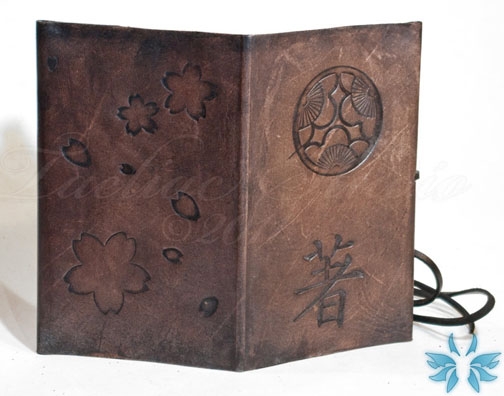
A Peek Inside My Writer's Notebook - Take a look at the creative process.

Organizing Several Idea Notebooks
You will need more than one notebook to write your ideas down if you plan on keeping them.
If you're anything like me you are always trying to think of good ideas that you can use to create your own worlds or characters. If this is the case then you really need to have several notebooks, one for each major category. How many books and categories you have will be up to you; the more you have the better, though. When I first starting writing down my ideas I bought 8 notebooks for the categories listed below.
- Story Ideas
- The Occult or Supernatural
- Graphic Design Ideas
- Quotes and Dialogue
- Scenes or Actions
- Settings and Objects
- Pictures and Images
- Dreams (I only put write down dreams that I think I can develop into a story)
If you do this on a regular basis you'll eventually start filling up your bookcase. The bright side is that you won't ever have to worry about where you might get ideas from.
Photo by YellowHammer
Ultra-Orthodox Jew Writes Some of the Last Words in a Torah Scroll
20 x 16 in. Framed Photographic Print
Buy for $49.99
The Other Half To A Successful Combination - The perfect pen can often be any pen - when you don't have one.
Human Proportions - Vitruvius Man
24 x 36 in. Poster by Leonardo Da Vinci
Buy for $17.99
Florence Dome by Lodovic Cardi
9 x 12 in. Premium Giclee Print
Buy for $39.99
Sketch of a Square Church with Central Dome and Minaret
9 x 12 in. Giclee Print by Leonardo da Vinci
Buy for $34.99







